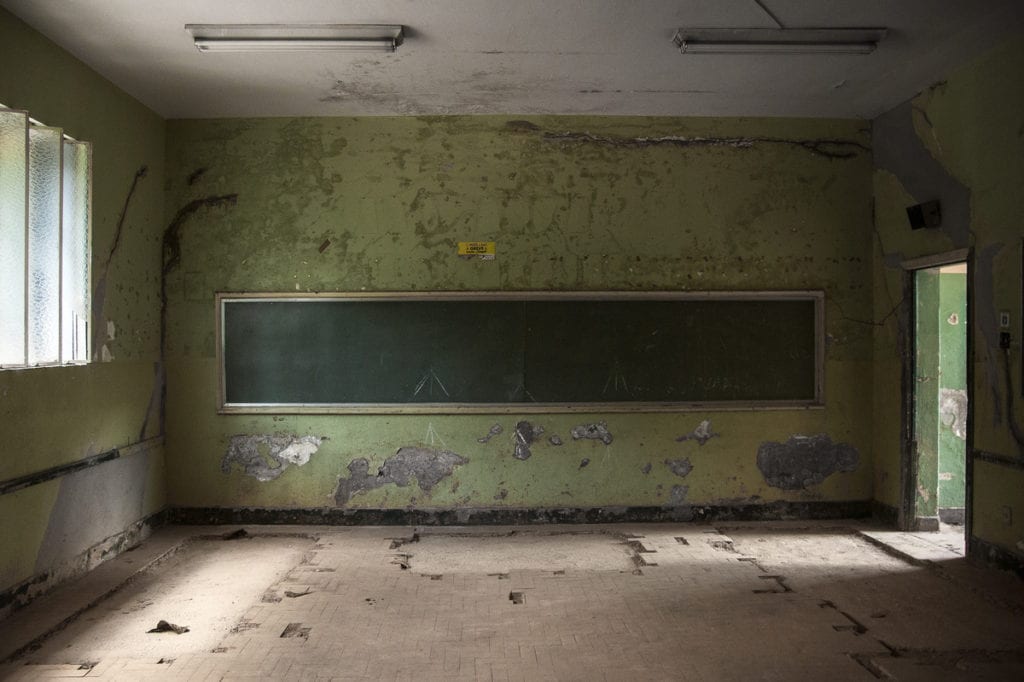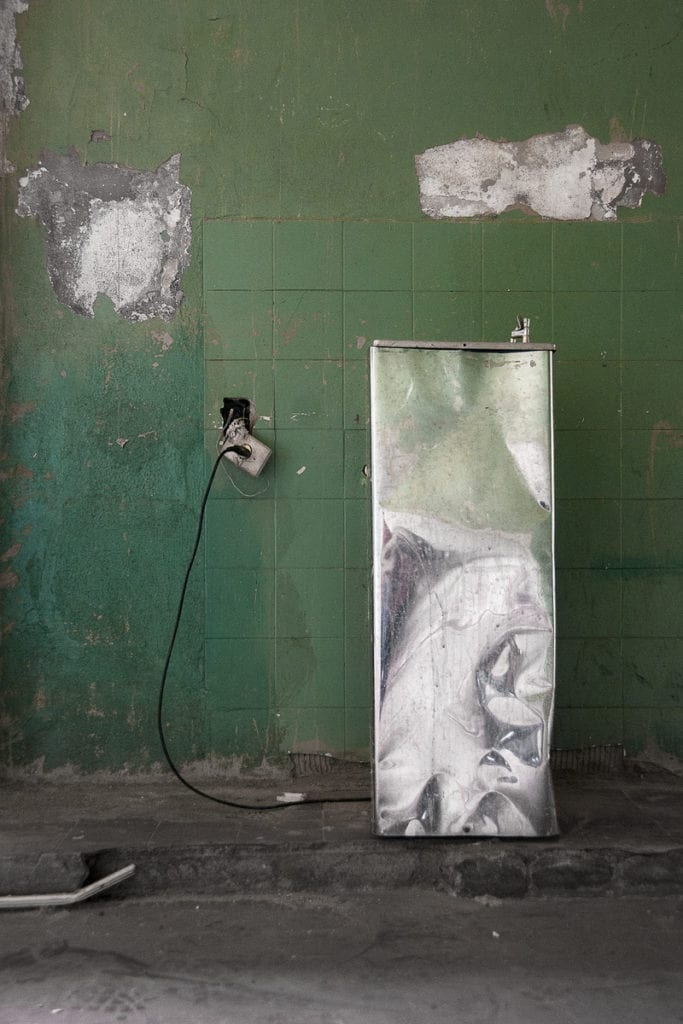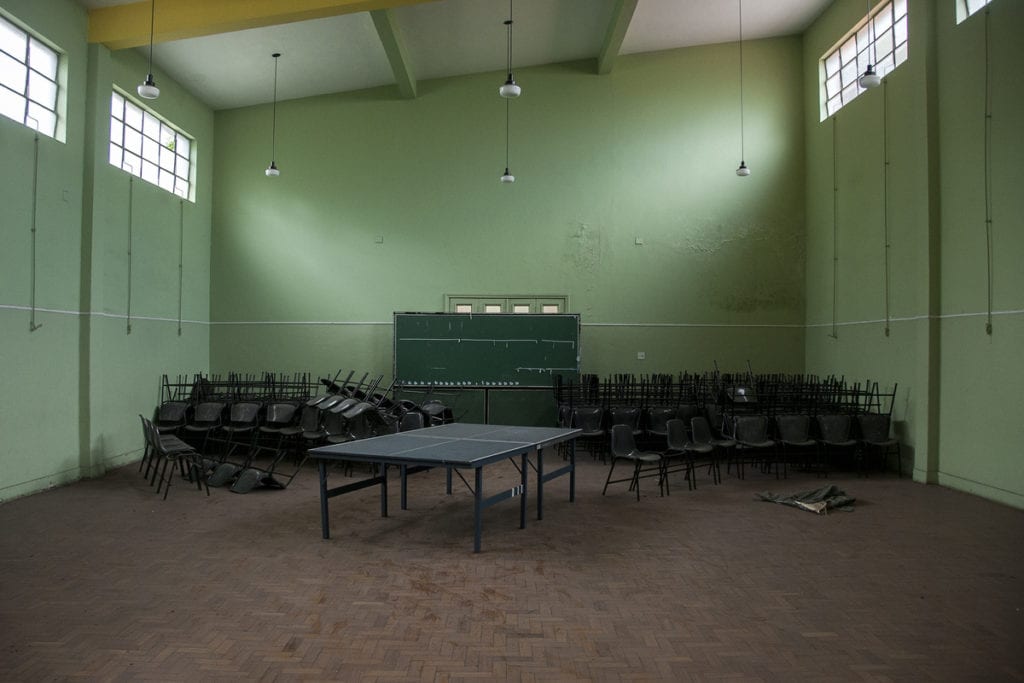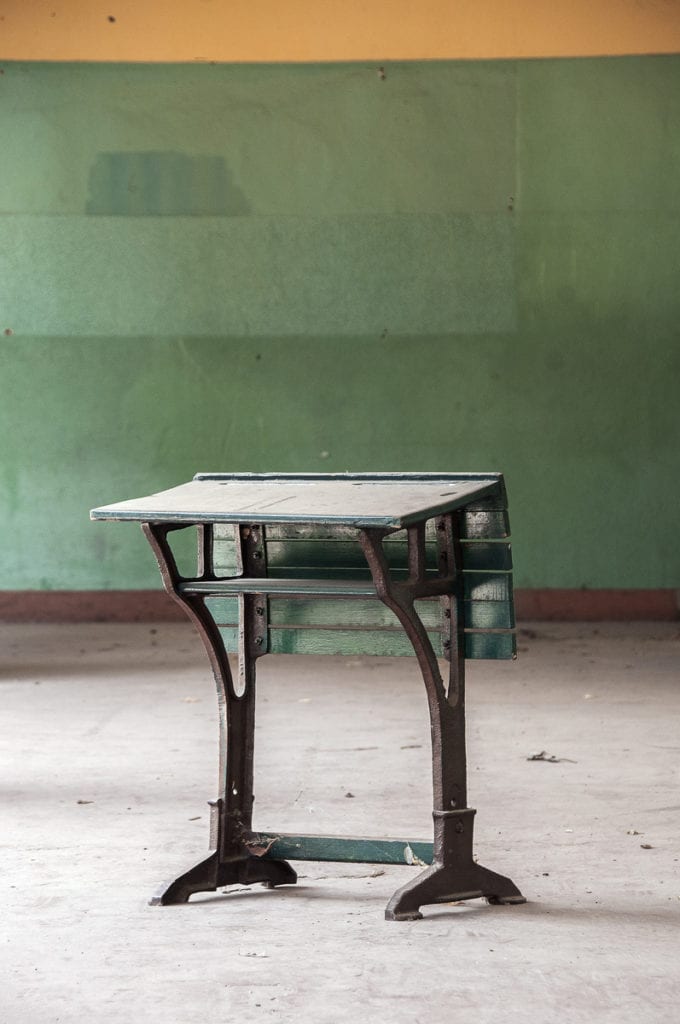Selected from 2,377 submissions from 92 countries, spanning six categories – Portraiture, Landscape, Architecture, Photojournalism, Conceptual and Best Emerging Photographer – this year’s 30 shortlisted photographers for the Felix Schoeller Photo Award represent some of the best of contemporary photographic talent.
This year we gave you the opportunity to vote for your favourite nominee in the People’s Choice Award. Announced this weekend at the FSPA Awards ceremony in Osnabrück, Germany, the Award went to Brazilian photographer Guilherme Bergamini. His politically-charged photoessay Education for All, received a huge share of the popular vote, with 75 percent of all comments and shares across the 30 projects.
Dedicated to providing Education for All, the Brazilian government has succeeded at getting 3 million children into education each year. But the system itself is broken. Only a very small percentage of these students achieve a high enough level of maths and Portuguese to enter the job market. Borrowing its name from this official rhetoric, Bergamini’s winning project aims to highlight the country’s broken education system and act as a catalyst for change.

Growing up in Brazil, Bergamini attended several private schools as a teenager; a guarantee of good education for those who can afford it. Despite a drive to keep children and teenagers in education, he observes how the public school system has been neglected since Brazil became an independent country with underpaid teachers, neglected buildings and an outdated curriculum, the content of which remains a point of contention between different social groups.
Practising photography for over two decades, Bergamini has dedicated his work to interrogating social and political issues at home and abroad. The school he documented for Education for All is located in the city where he was born: Belo Horizonte, the capital of Minas Gerais state. Once housing one of the best public schools in the region, the classes were moved elsewhere while the government began a supposed revamp of the building.

Capturing the vacant rooms of the derelict school building, the project is a visual metaphor for the state of Brazilian education. The empty classrooms are “proof of the lack of investment in one of the most important elements of democracy: education,” says Bergamini. The photographer also had the opportunity to visit the building where the students were relocated, finding that this too was completely inadequate.

When he first began Education for All, 21 years ago, the work focused on highlighting the crisis happening in the public education system. “At that time democratic institutions were in perfect working order,” remembers Bergamini, “but this has changed a great deal from then to now.” With recent changes in Brazilian politics putting a strain on the drive for a fully functioning democratic society, the work has taken on new meanings. “Today I see my country in the process of decay. The fight for democracy is in jeopardy and the devastating destruction of the public education system is symbolic of that.”

